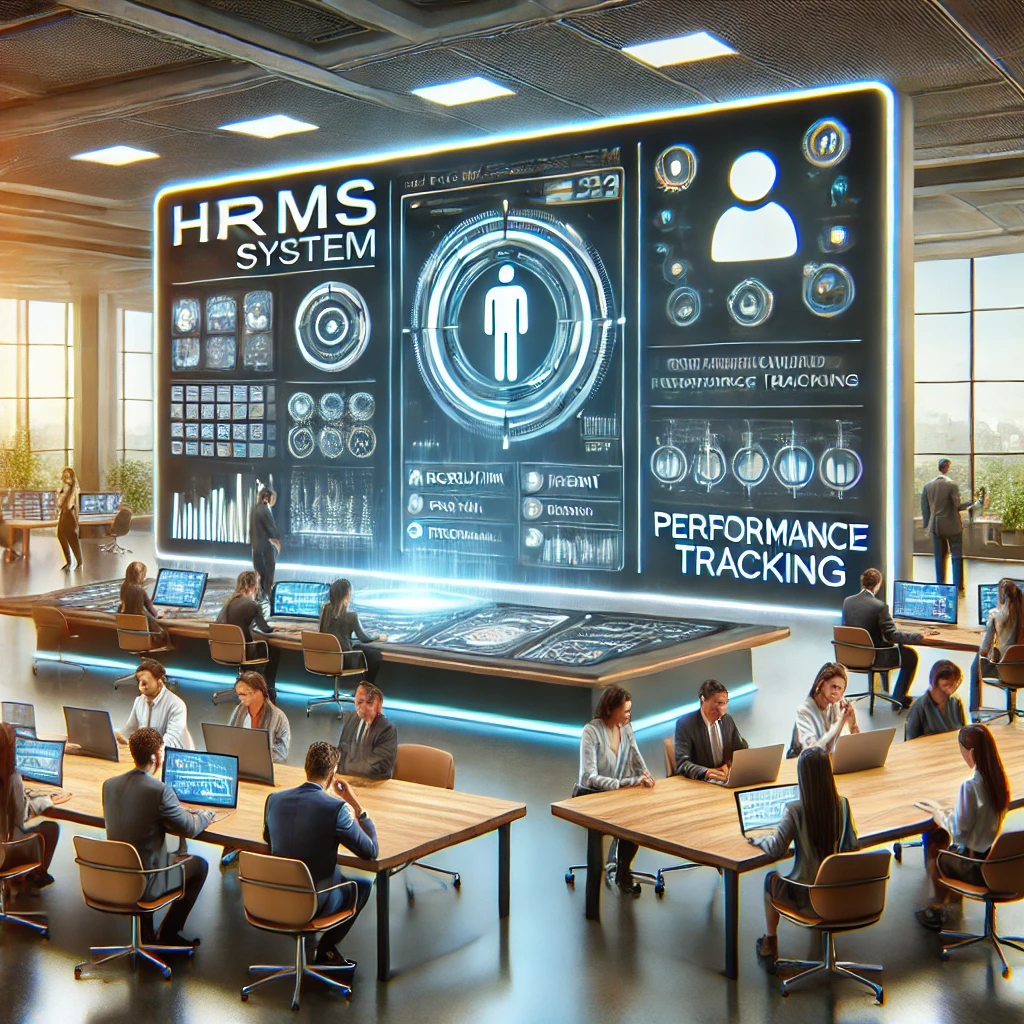
In today’s fast-paced business environment, managing human resources efficiently is essential for organizational success. From recruitment to payroll and performance management, human resources tasks can become overwhelming as businesses grow. Enter Human Resource Management Systems (HRMS)—an innovative tool that is transforming how companies manage their workforce.
In this blog, we’ll explore how HRMS systems are revolutionizing employee management and helping businesses achieve greater efficiency, accuracy, and employee satisfaction.
Streamlining Recruitment and Onboarding
Recruiting the right talent is one of the most crucial tasks for any business. HRMS systems simplify the recruitment process by automating job postings, managing applications, and tracking candidates. With integrated applicant tracking systems (ATS), businesses can quickly identify top candidates and improve their hiring decision-making.
Once a candidate is hired, the onboarding process is significantly streamlined. HRMS platforms allow new hires to complete paperwork digitally, access training materials, and get up to speed quickly without overwhelming the HR team. A smooth onboarding experience leads to higher employee satisfaction and faster productivity.
Impact
- Faster and more efficient recruitment
- Seamless onboarding experience
- Enhanced candidate experience
Enhancing Performance Management
Performance management plays a crucial role in improving employee productivity and ensuring that organizational goals are met. Traditional performance reviews can be outdated and ineffective, but HRMS systems provide tools for continuous performance monitoring. Managers can set clear goals, track progress, and offer real-time feedback, helping employees align their efforts with company objectives.
Additionally, the system allows for 360-degree feedback and personalized development plans that promote employee growth and engagement. HRMS systems ensure that performance evaluations are not just annual events but ongoing conversations that foster improvement.
Impact
- Real-time performance tracking
- Better alignment of individual and organizational goals
- Continuous employee development through feedback
Compliance and Reporting
Compliance with labor laws, tax regulations, and industry standards is essential to avoid legal risks. HRMS systems help businesses stay compliant by automating tasks like tax calculations, benefits administration, and regulatory reporting. These systems are designed to keep up-to-date with changing laws, reducing the chances of compliance-related issues.
Furthermore, HRMS systems offer customizable reporting features that allow HR teams to generate reports on various aspects of workforce management, from attendance to employee performance. This makes it easier to conduct audits, track compliance, and make data-driven decisions.
Impact
- Reduced risk of non-compliance
- Simplified auditing and reporting
- Automated regulatory updates
Empowering Employees with Self-Service
Employee self-service portals are one of the most user-friendly features of HRMS systems. With these portals, employees can access and update their personal information, view payslips, submit leave requests, and more—all from a centralized platform. This not only saves time for HR teams but also empowers employees to take charge of their HR-related tasks.
The self-service feature enhances employee satisfaction by providing easy access to critical information and reducing dependency on HR for routine queries.
Impact
- Increased employee autonomy
- Reduced HR administrative burden
- Improved employee experience
Conclusion
HRMS systems have transformed the way businesses manage their workforce by automating routine tasks, improving performance management, ensuring compliance, and empowering employees. The shift from manual HR practices to automated systems has led to significant improvements in efficiency, accuracy, and overall employee satisfaction.
By adopting a comprehensive HRMS, businesses can focus on strategic initiatives, enhance employee engagement, and achieve better organizational outcomes. Whether you’re looking to streamline payroll, manage performance, or ensure compliance, HRMS systems offer the tools you need to stay ahead in the competitive business landscape.

